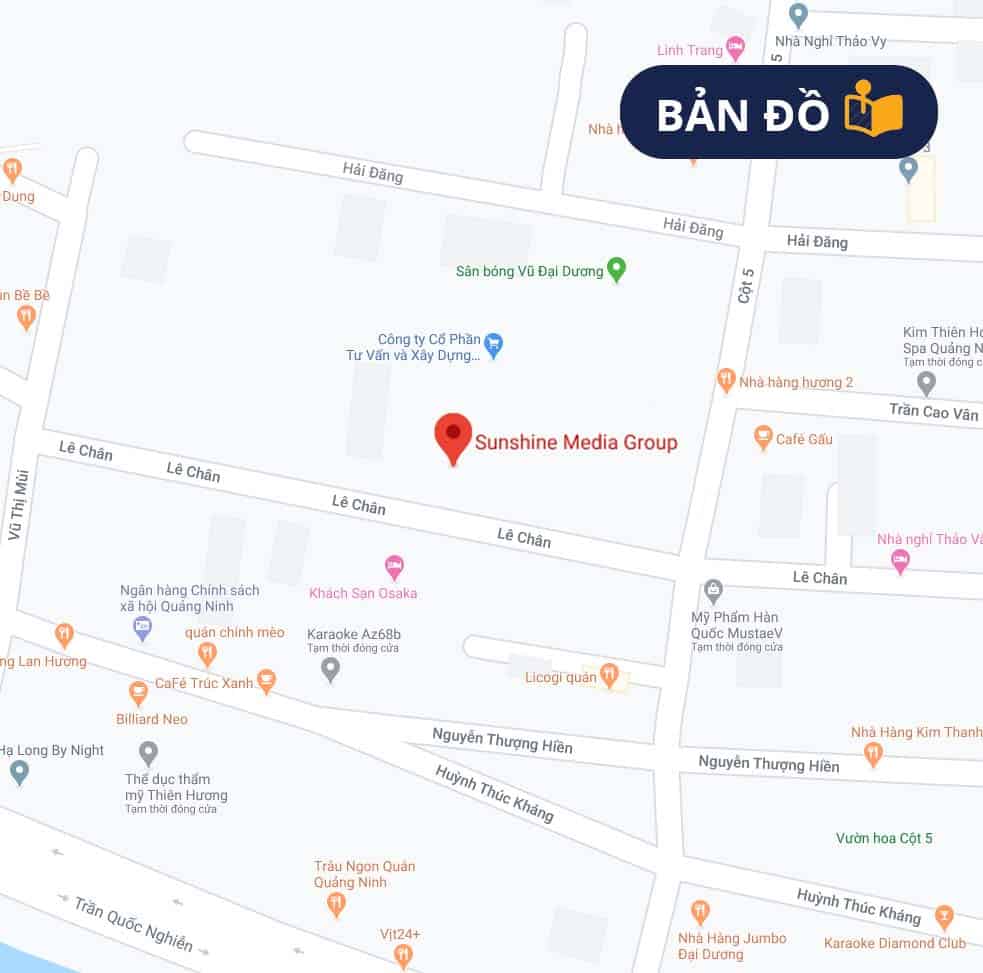Dealing with plumbing problems in rental properties can pose unique challenges for both landlords and tenants. Issues like leaking pipes or malfunctioning water heaters require prompt attention to maintain a safe and comfortable living environment. Understanding the responsibilities outlined in lease clauses is fundamental for all parties involved, ensuring that everyone knows their rights and duties regarding maintenance.
One critical aspect of managing plumbing concerns effectively is the need for emergency repairs. Landlords should establish a protocol for tenants to report urgent issues, while tenants must be aware of whom to contact in such situations. This collaborative approach can help mitigate damage and maintain the property’s integrity, ultimately preserving its value.
Additionally, service scheduling is key to addressing non-emergency plumbing issues. Having a reliable schedule for routine maintenance helps prevent small problems from escalating into expensive repairs. By fostering clear communication between landlords and tenants regarding service timings, both parties can ensure a seamless process that upholds the standards of the rental property.
Identifying Common Plumbing Problems in Rental Units
Rental properties often face a range of plumbing issues that can disrupt the living experience for tenants. Regular inspection and awareness of these recurring issues can help mitigate larger problems down the line.
Leaky faucets are a frequent complaint, leading to increased water bills and potential water damage if left unaddressed. Tenants should be encouraged to report these issues promptly to prevent escalation.
Clogged drains also rank high among common plumbing challenges. Kitchen or bathroom sinks may become blocked due to food particles, hair, or soap buildup. Quick identification and action can prevent backups and costly repairs.
Another prevalent issue is low water pressure, which can stem from a variety of causes such as mineral deposits or pipe corrosion. Regular checks can help property managers address this issue effectively.
Additionally, water heater problems can arise, including inconsistent temperatures or leaks. These issues can significantly affect tenant comfort, making timely repairs a priority.
Lastly, overflowing toilets can present significant challenges. This problem not only signifies plumbing issues but can also cause serious damage to the property if ignored. It is critical for landlords to take immediate action upon tenant notification.
Steps to Take When a Tenant Reports a Leak
When a tenant reports a leak in your rental property, it’s crucial to address the issue promptly to prevent further damage and ensure the safety of your tenants. Here are the steps to take when a tenant reports a leak:
1. Respond Quickly: As soon as you receive a report of a leak, make sure to respond to the tenant immediately. This demonstrates your commitment to resolving the issue and maintains open communication.
2. Assess the Situation: Send a plumber or maintenance personnel to the property to assess the leak and determine the cause. Identify the source of the leak and evaluate the extent of the damage.
3. Address the Leak: Arrange for a skilled plumber to fix the leak as soon as possible. Ensure that the repair is done correctly and the underlying issue is addressed to prevent recurring issues.
4. Communicate with the Tenant: Keep the tenant informed throughout the process. Provide updates on the progress of the repairs and the estimated timeline for completion. Offer alternative accommodations if necessary, such as a temporary relocation or a reduction in rent.
5. Document the Issue: Maintain detailed records of the leak, including the date it was reported, the cause, the repair work performed, and any associated costs. This documentation can be useful for future reference and potential insurance claims.
By following these steps and maintaining open communication with your tenants, you can effectively handle plumbing leaks in your rental properties and minimize the impact on your tenants and your property.
Communicating with Tenants About Plumbing Repairs
As a landlord, it’s important to establish clear communication with your tenants when it comes to plumbing repairs. Effective communication can help ensure that issues are addressed promptly and that both parties understand their responsibilities.
One of the key aspects of communication is educating tenants on their lease clauses regarding plumbing maintenance and repairs. This includes explaining what is considered a landlord responsibility versus a tenant responsibility. Tenants should be aware of the process for reporting emergency repairs and the expected response time.
When a tenant reports a plumbing issue, it’s important to provide clear communication tips on the next steps. This may include:
- Requesting detailed information about the problem, such as the location, severity, and any visible signs of damage.
- Explaining the timeline for addressing the issue, including any access notice requirements for the plumber to enter the property.
- Providing updates on the service scheduling and expected completion time.
- Ensuring that the tenant understands their tenant rights and the landlord’s responsibilities during the repair process.
After the repair is completed, it’s crucial to provide the tenant with a detailed invoice and any relevant invoice handling instructions. This helps to maintain transparency and ensure that the tenant is aware of the costs involved.
By maintaining open and effective communication with your tenants, you can help ensure that plumbing issues are resolved efficiently and that both parties are satisfied with the outcome. For more information, visit https://noproblemplumbingandrooting.com/.
Choosing and Managing Plumbing Contractors for Rentals
For landlords, selecting the right plumbing contractors is a significant responsibility that affects tenant satisfaction and property maintenance. Start by identifying reputable local plumbers with experience in rental properties. Online reviews, referrals from other landlords, and licensing information can help in this process.
Once you have a shortlist, assess their services, focusing on their ability to handle emergency repairs and recurring issues. A reliable contractor should have experience with common plumbing problems and provide timely responses to urgent requests.
Service scheduling is critical. Establish a system where tenants can easily report plumbing issues and have them addressed swiftly. Maintain regular communication with plumbing contractors about ongoing repairs or anticipated maintenance needs to ensure everything runs smoothly.
Additionally, clear communication tips with tenants about plumbing services can enhance trust. Inform them about the expected timelines for repairs and any necessary access to their units. Keeping tenants informed fosters goodwill and reduces frustration during plumbing emergencies.






